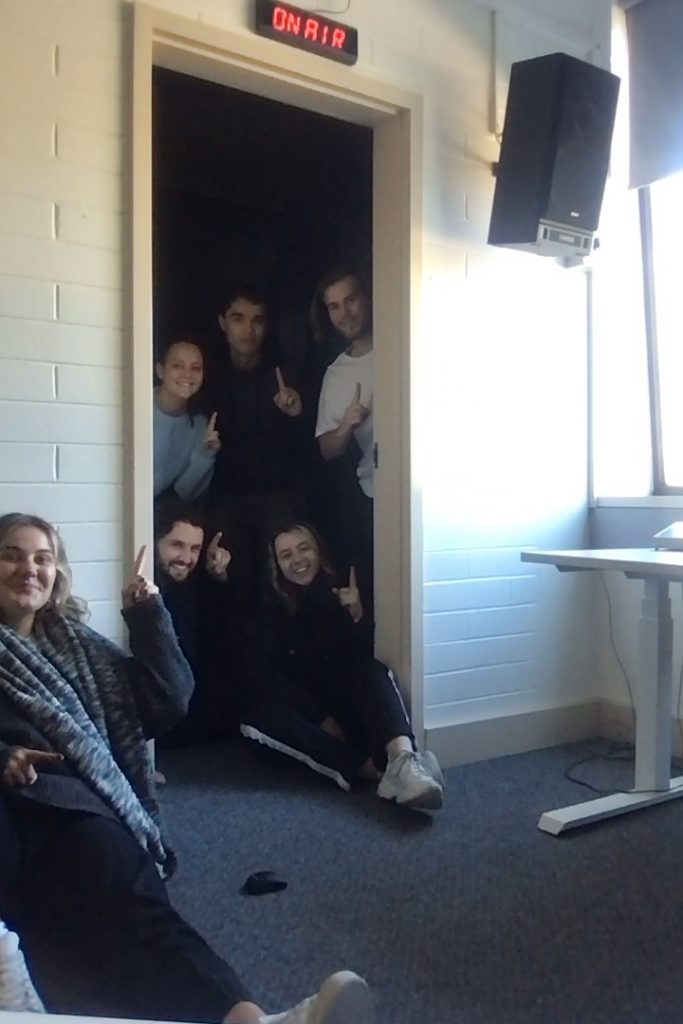Road trip to increase foreign aid
By MEAGAN JACOBS
AUSTRALIA is not doing its fair share in providing funding for the developing world, according to youth foundation Oaktree.
Current aid levels of 0.32 per cent fall short of the 0.7 per cent that the Howard Government promised at the Millennium Summit in 2000.
Ryan Turner, of the Oaktree Foundation, says that this is an equivalent of $3.3 billion that is not going to the developing world.
As part of its major campaign for 2010, Oaktree will stage the Make Poverty History Road Trip to lobby the government for more and better foreign aid.
“We’re really pushing for the government to increase its commitment and reassess the aid that it is giving,” he said.
“We are pushing for more and better aid because there are problems with the effectiveness of the aid that we [Australia] do give.”
One thousand participants will leave from all capital cities on the May 8 and travel across the country.
Campaigners from the ACT region will travel Goulburn, Bateman’s Bay, Cooma and Bega.
“Ambassadors must have a commitment to the issue and a commitment to increasing the aid budget,” Mr Turner said.
Road Trip participant Luke Smyth who attended the road trip in 2007 believes it is crucial that there is another.
“We are two thirds of the way to 2015 and we’re not even half of the way to the commitments that Australia promised at the Millennium Summit,” he said.
“Especially in an election year, we need to get the community engaged in the idea of ending extreme poverty.” Mr Smyth who volunteered in an outcast community in India believes that governments can do a lot more than individuals can.
“If we impress on people the importance of getting Australia to boost its aid commitments ultimately it will have a much greater impact on the Third World than sending individuals overseas would,” he said.
Mr Smyth also said that indigenous poverty in Australia was an important issue that needed to be addressed.
“The road trip is centred around the Millennium Development Goals which take a global perspective,” he said.
“Regardless of . . . indigenous poverty in Australia, the vast majority of people in poverty are in third world countries.
“Ultimately, it would be great if we could enable Aboriginal people to gain skills to better their communities, however the point of this road trip is to make an impact in the developing world.”
The road trip will conclude in Canberra with a two-day summit where ambassadors will hear from speakers including politicians Bob McMullan and Kate Ellis, Tim Costello, CEO of World Vision Australia and Hugh Evans CEO of The Global Poverty Project.
The University of Canberra will host a concert to make the end of the Road Trip on May 14.

Be the first to comment!